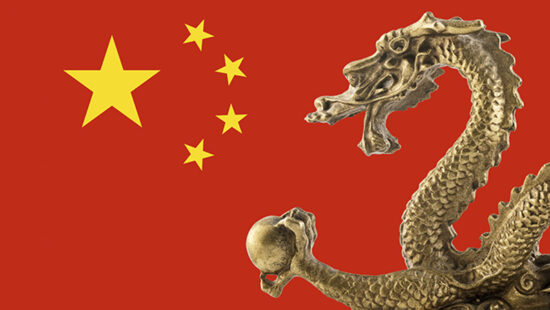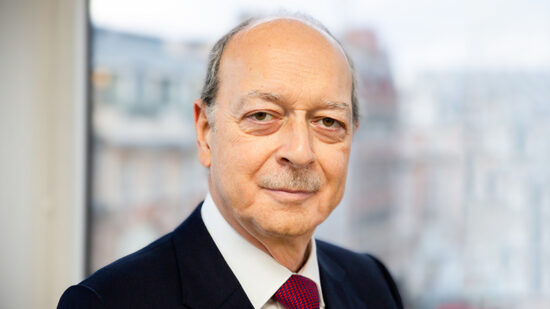However, he teed up the potential for more quantitative easing in December, saying the ECB would be ‘ready to act when needed’ should disinflationary pressures mount, which could be good news for investors.
For the time being, Draghi said, domestic recovery was proving resilient thanks to lower oil prices and lower headwinds from fiscal policy, but external demand was slowing as a result of the weakness in China and emerging markets. That said, he pointed out that China’s influence on the Eurozone economy should not be over-estimated, even in Germany, which had some export exposure. The country’s weakness, and the wider weakness in emerging markets, could ultimately prove to be more a problem for its impact on confidence, rather than directly on the Eurozone economy.
The ECB President remained adamant that quantitative easing was having the desired effect, in spite of the lack of progress on reform at a country level. He said: “There can be no doubts of effectiveness of QE whether reform happens or not. And there has been real progress on reform in some areas, but there is room for improvement.”
The stock market responded positively to his comments, while the Euro saw an instant and dramatic sell-off, declining by around 1.5% in the immediate aftermath of Draghi’s speech.
So where does this leave investors? The relatively gloomy picture painted by Draghi on inflation is in contrast to the more bullish picture presented by a number of fund and wealth managers in recent months. They had pointed to recent stronger growth from previously laggard countries, such as Ireland, Spain and Portugal as a sign that the Eurozone recovery had more momentum. Equally, positive lending statistics appeared to show that quantitative easing was unclogging the Eurozone banking system.
Gavin Haynes, investment director at Whitechurch Securities, says: “There is always some bad news flow for Europe – whether it is Greece, as it was at the start of the summer, or the major corporate scandal at VW. It tends to put people off. But we believe there are signs of economic recovery. In particular, corporates have good scope for profits growth.”
Haynes believes it is a stockpickers’ market, favouring managers such as Richard Pease at Crux, who looks at individual companies rather than countries. He adds: “Pease is not obsessed with the economy, or QE or interest rates, but is looking for good quality businesses.” He also likes the Invesco Perpetual European Equity Income fund, believing that the dividend story in Europe still has strength.
Unlike when the US failed to tighten monetary policy, equity markets still seem to favour more quantitative easing in Europe. The Eurozone still has the benign backdrop of a lower oil price, a weaker currency and lower interest rates. This should be positive for equities.







